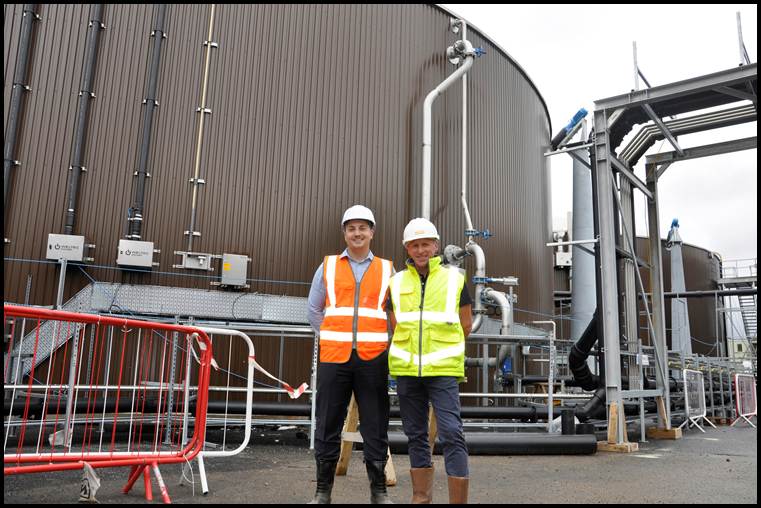The British Retail Consortium is highlighting research published this month by the Waste & Resources Action Programme (WRAP) which found that, while just under half of shoppers (44%) think buying food on offer leads to a greater amount being thrown away, one in 25 (4%) actually wasted food bought as part of a promotion during the survey period.

The survey also showed the most common type of promotion is a straight price reduction. “Buy one get one free” (BOGOF) offers account for less than two per cent of all products bought.
The BRC says the debate about food waste should focus on helping households to reduce the amount they throw away rather than blaming retail practices. The report builds on recent figures published by WRAP showing a 13 per cent decrease in household food waste over the past three years (see letsrecycle.com story).
British Retail Consortium head of environment, Bob Gordon, said: “This research is extremely helpful. It clearly shows that, while people assume other shoppers are wasting food they buy on promotion, over 90 per cent are not wasting it themselves. Households throw away 30 per cent of the food they buy. This new evidence demonstrates BOGOFs are not to blame.
“The amount of food waste produced by households has been coming down with the help of retailers but there’s more to do. Our critics should join us in addressing the real reasons for food waste. We need to educate people to shop smarter and do better at managing the storage and use of food in their homes rather than blaming promotions.
Research
The WRAP report, entitled Investigation into the possible impact of promotions on food waste, was the first piece of research to be carried out by the organisation on the impact of promotions on household waste. It used promotional sales data and a survey of consumers who had bought the products under promotion.
It notes that while BOGOF, extra free and multi-buy are used in less than 5% if sales, schemes whereby multiple products are offered for a set prices have doubled between 2007 and 2010, while temporary price reductions are the most common form of promotion, accounting for 18% of short shelf-life foods.
The survey notes: The results from the survey element of this research do not provide evidence to prove that food bought on promotion is more likely to be waste, at least for those products covered by the research.
As a result, it suggests: There may be a significant disconnect between individuals perception of the potential impact of promotions on food waste in general and their own behaviour.
However, WRAP says these findings must be regarded as tentative and treated with some degree of caution due to challenges encountered in achieving accurate self-reporting of food waste.
And, it said that retailers should be aware of public concerns over the impact of special offers on food waste.
It said: Retailers, however, should be conscious of both the potential for promotions to lead to food waste, their customers perception that promotions do lead to food waste, and the needs of different types of household, and take this into consideration when planning promotional strategies, especially for perishable shot shelf-life products.
The results will now be discussed by WRAP with signatories of the Courtauld Commitment, a voluntary agreement to cut waste in the grocery sector, in order to assess if any alternative methodologies should be used to determine the potential impact of promotions on food waste.







Subscribe for free